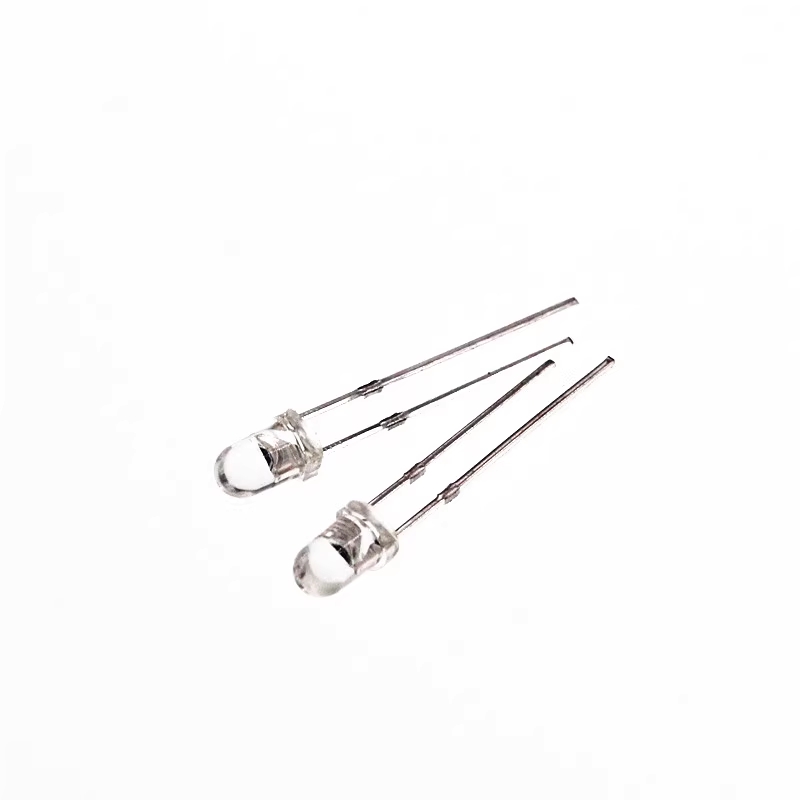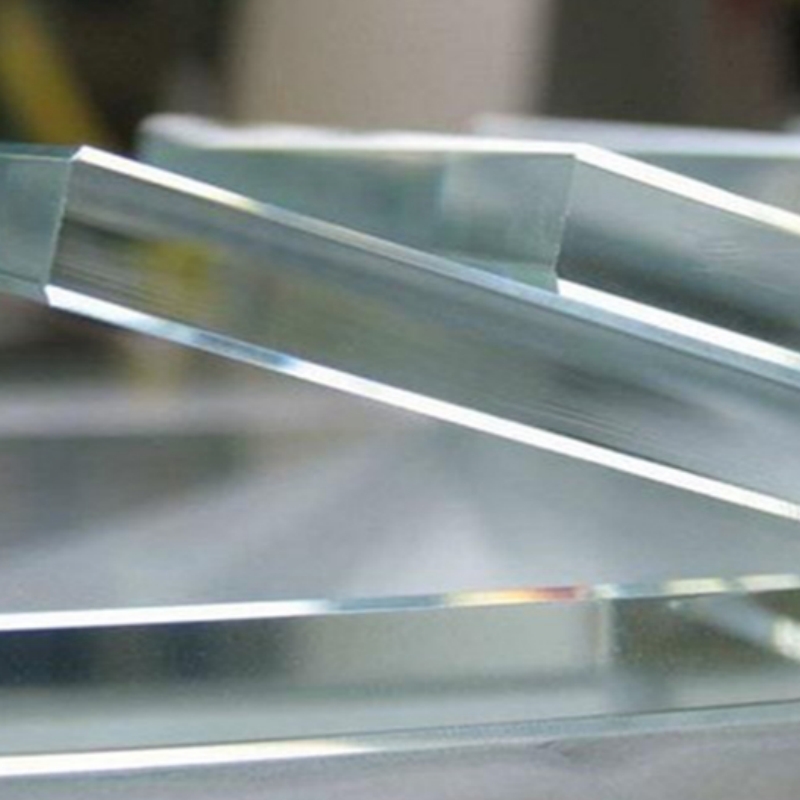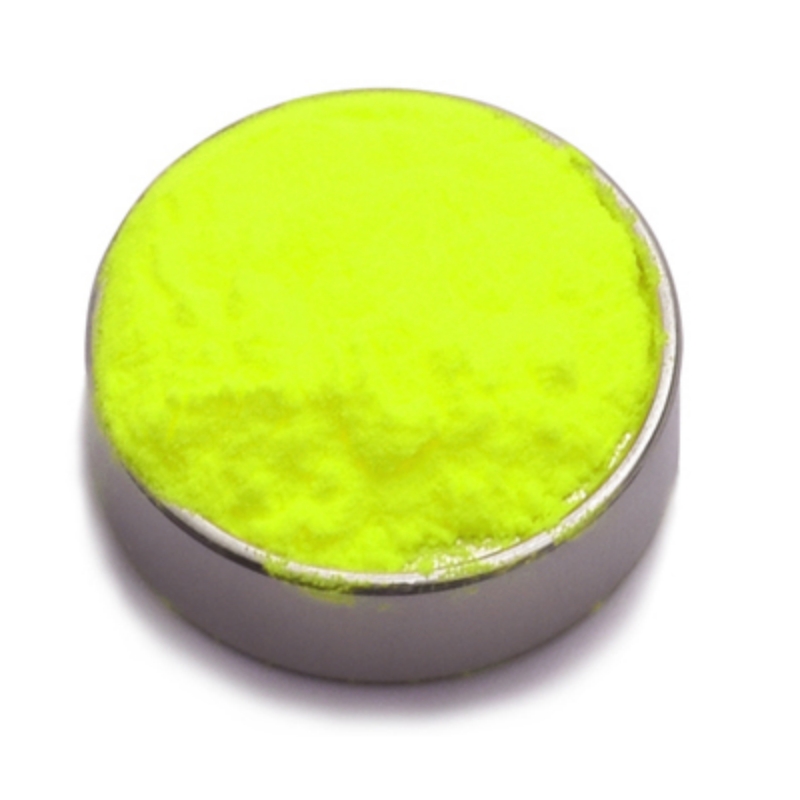Silicon carbide radiation tubes provide exceptional thermal conductivity, optimized mechanical strength, and superior radiation resistance. Designed for high-temperature applications, they ensure reliable durability, efficient heat dissipation, and enhanced structural integrity.
Product Overview
The Silicon Carbide Radiation Tube is a high-performance ceramic material made using the pressureless sintering process. This radiation tube offers excellent thermal stability, high-temperature resistance, and outstanding mechanical strength, making it an ideal choice for use in high-temperature, wear-resistant, and corrosive environments. The uniform and dense structure of silicon carbide allows it to withstand high temperatures and pressures, with superior thermal conductivity and chemical stability. As a high-performance material, the silicon carbide radiation tube provides exceptional reliability and efficiency in various demanding industrial applications.
Features
- High Thermal Conductivity: The silicon carbide material exhibits excellent heat transfer properties, enabling the radiation tube to operate efficiently in high-temperature environments.
- High Temperature Resistance: Capable of withstanding temperatures up to 1600°C, making it suitable for extreme high-temperature applications.
- Corrosion Resistance: The chemical stability of silicon carbide ensures good performance in a variety of corrosive environments.
- Low Thermal Expansion Coefficient: The low thermal expansion coefficient ensures dimensional stability during rapid heating and cooling, minimizing deformation.
- High Hardness and Wear Resistance: The hardness and wear resistance of silicon carbide allow the radiation tube to perform reliably over long periods in high-wear environments.
Applications
- High-Temperature Industrial Equipment: Ideal for use as a radiation heating element in high-temperature furnaces, heat treatment equipment, and fuel cells.
- Energy Industry: Provides efficient heat conduction and high-temperature resistance in petroleum, natural gas processing, and other energy refining processes.
- Chemical Processing: Used in equipment exposed to high-temperature chemical reactions, such as heat exchangers and catalytic reactors.
- Semiconductor Manufacturing: Supports high-temperature heating and material processing during semiconductor production, providing precise and stable temperature control.
- Aerospace: Delivers excellent high-temperature performance in aerospace applications, including aircraft engines and thermal protection systems.
| Items | Units | Typical Value | |
| Contents | SiC | % | 88 ~ 92 |
| Si | % | 8~10 | |
| Volume Density | g/cm³ | > 3.02 | |
| Hardness | HV | Kg/mm² | 2400 |
| Moh's | 9 ~ 9.2 | ||
| Indicated Porosity | % | < 0.1 | |
| Compressive Strength | Mpa | > 2000 | |
| Flexural Strength | 20℃ | Mpa | 260 |
| 1200℃ | Mpa | 280 | |
| Modulus of Elasticity | 20℃ | Gpa | 330 |
| 1200℃ | Gpa | 300 | |
| Fracture Toughness | Mpa·mm¹/² | 3.3 | |
| Coefficient of Thermal Conductivity | 1200℃ | W/(m·K) | 45 |
| Coefficient of Thermal Expansion | 1200℃ | K⁻¹×10-⁶ | 4.5 |
| Maximum Temperature | °C | 1380 | |
| Acid & Alkali Corrosion Resistance | Excellent | ||
Submit Your RequirementsWe will contact you within 24 hours.
 WOBO Scientific Research New Materials One-Stop Service Platform
WOBO Scientific Research New Materials One-Stop Service Platform











